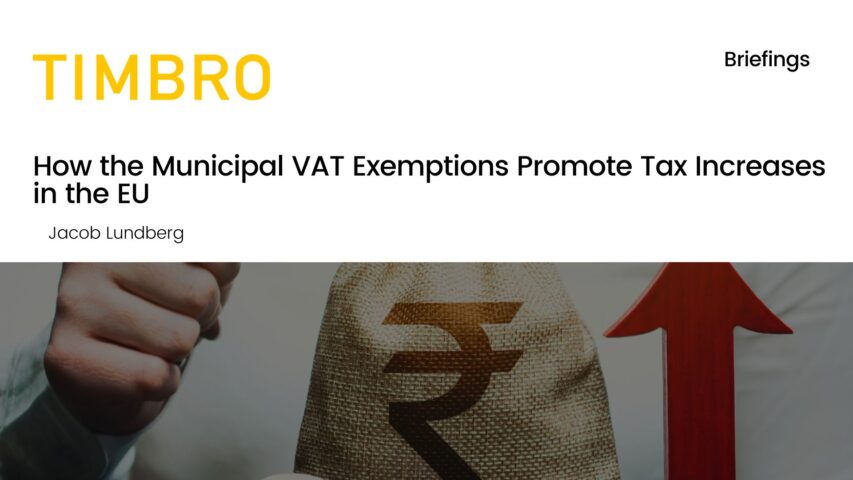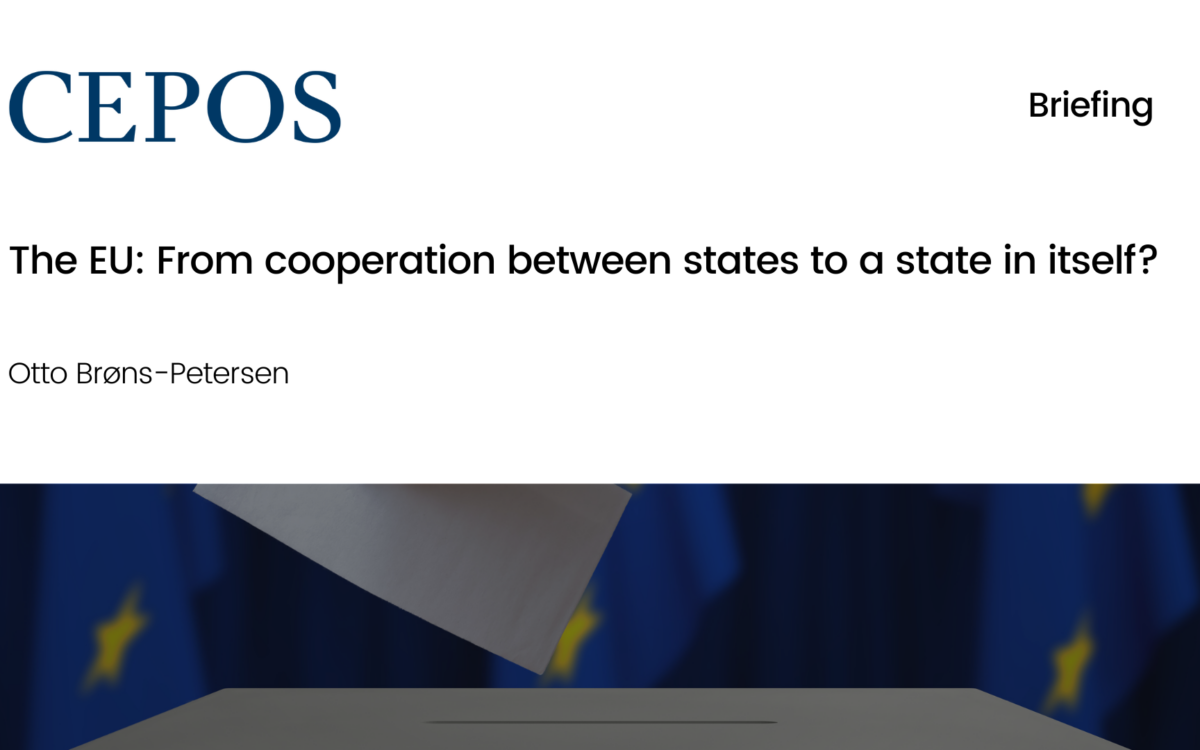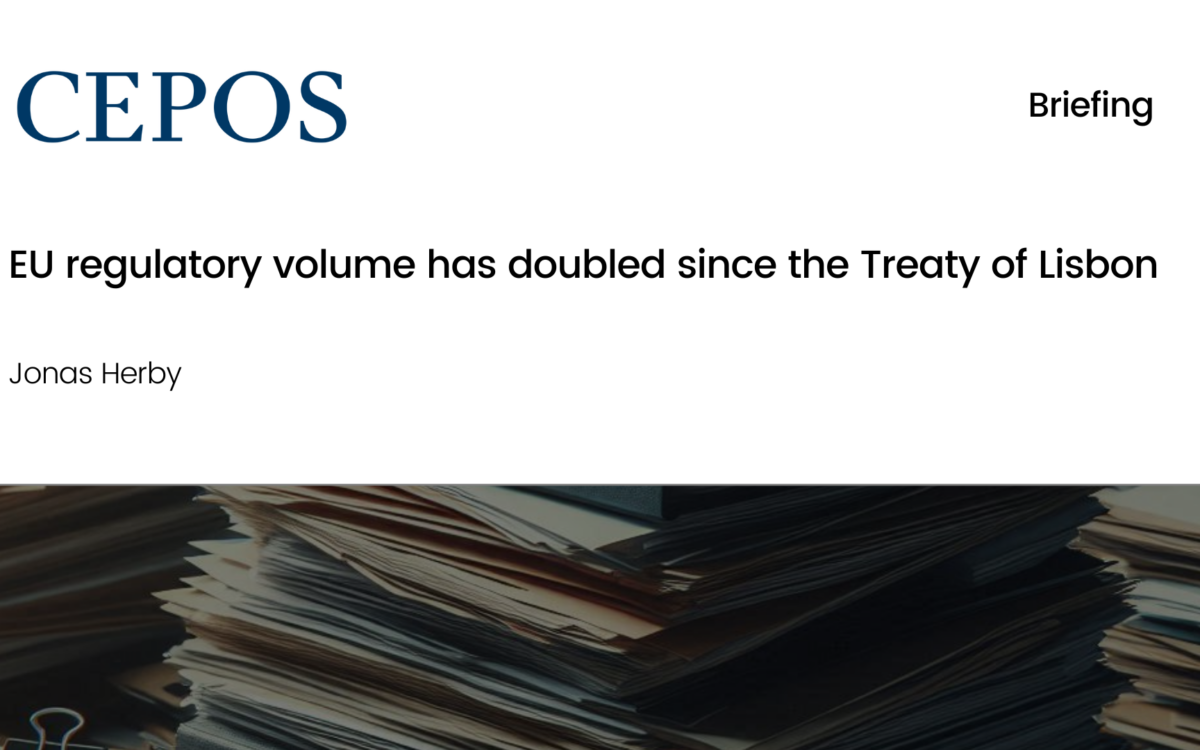How the Municipal VAT Exemptions Promote Tax Increases in the EU

How the Municipal VAT Exemptions Promote Tax Increases in the EU
January 2018
As a general rule, local governments are exempt from VAT in the EU. Thus, VAT is not payable on the tax-financed consumption of municipalities and other local governments, at least when the services are produced in-house.
This implies that it is cheaper to finance consumption through local taxes than on the open market, which is a problem when local governments have the authority to set their own tax rates, as the VAT exemption is an implicit subsidy of local government consumption. This tend to increase local tax burdens.
New Zealand operates a model whereby all consumption, public and private, is subject to VAT. Local property taxes are also subject to VAT, implying that there is no incentive to expand local government operations for VAT reasons.
There is an ongoing discussion on the need for VAT reform in Europe. The European Commission should look to New Zealand for inspiration and push for the complete inclusion of local authorities into the VAT system.
Download or share this publication
View the PDF
EPICENTER publications and contributions from our member think tanks are designed to promote the discussion of economic issues and the role of markets in solving economic and social problems. As with all EPICENTER publications, the views expressed here are those of the author and not EPICENTER or its member think tanks (which have no corporate view).



